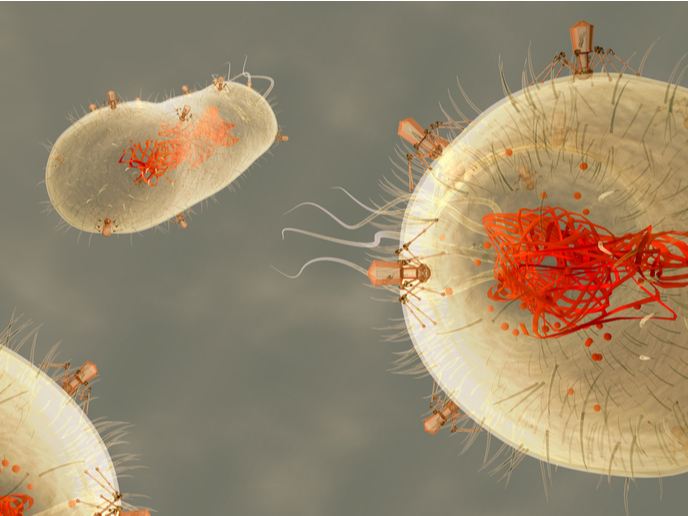Carbon monoxide – anti-inflammatory metabolic regulator
Human organisms activate several cellular mechanisms to prevent and fight inflammation. One of them is the haeme oxygenase-1 (HO-1) system that reduces inflammatory and oxidative stress. HO-1 is a protein that breaks down a constituent of blood haemoglobin (haeme) and generates CO. Recent studies found that CO interacts with mitochondria, the cellular organelles that generate energy in the form of ATP. The EU-funded INFLAM-MITO-CO (Mechanistic studies on carbon monoxide (CO)-induced modulation of mitochondrial function in neuroinflammation) project tested the hypothesis that the anti-inflammatory activities of the HO-1/CO system are mediated by mitochondria. Particular focus was laid on the effects of CO on the metabolism and the inflammatory status of microglia cells. These are the brain immune cells that control neuroinflammation. Previously, the project laboratory had studied CO-releasing molecules (CO-RMs) designed for the controlled delivery of CO to cells. Scientists aimed to design molecules with dual functionality to maximise the protective activities of the HO-1/CO system. In this project effort, several CO-RMs were synthesised and characterised for their beneficial properties in mammalian cells. These molecules activated the HO-1/CO system in cardiac cells, brain microglia and circulating inflammatory cells and reduced inflammation. These results proved the feasibility of the creation of CO-RMs with dual functionality and inspired the creation of new chemical structures. For metabolic studies, scientists investigated in great detail the function of mitochondria, which utilise oxygen to produce energy in the cells. They found that the low levels of CO uncouple oxygen consumption from energy production. Uncoupling is a regulatory process that protects mitochondria from the harmful effects of oxidative stress. The results of the project confirmed that the uncoupling occurs when HO-1 is induced in the cells indicating that endogenous CO might be responsible for the observed effect. These findings suggest that CO exerts beneficial actions by directly modulating mitochondrial function. The project has obtained important data on the synthesis and function of potentially useful new therapeutic tools that utilise the HO-1/CO protective system. The results proved the importance of CO as a modulator of cellular metabolism with important implications for pharmaceutically targeting the inflammatory response.







